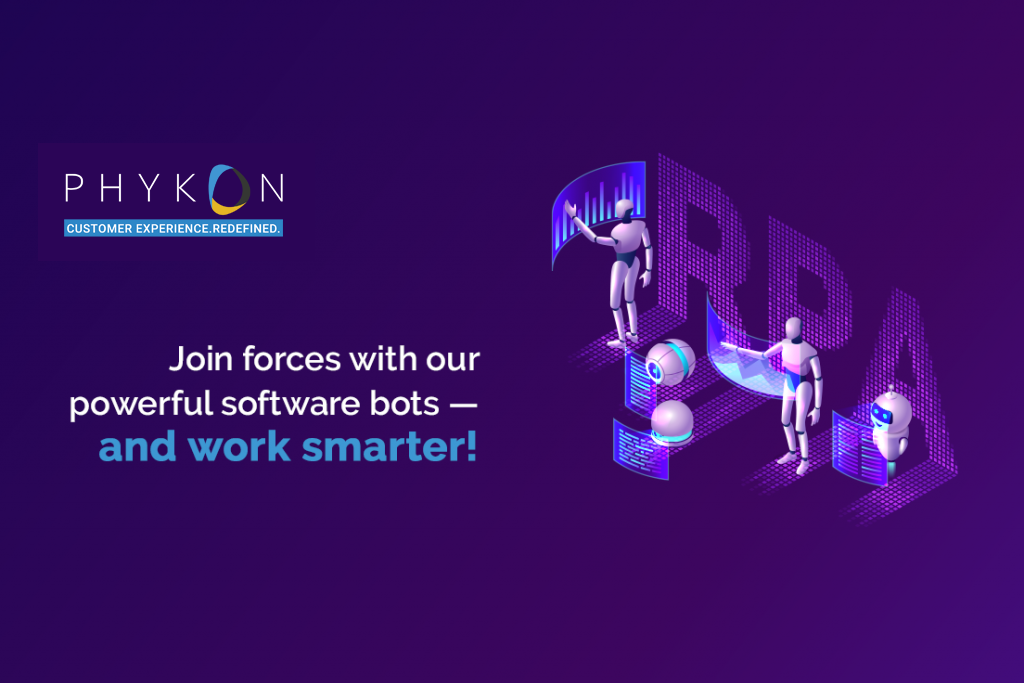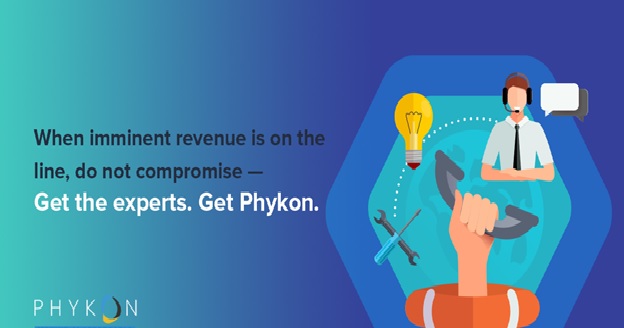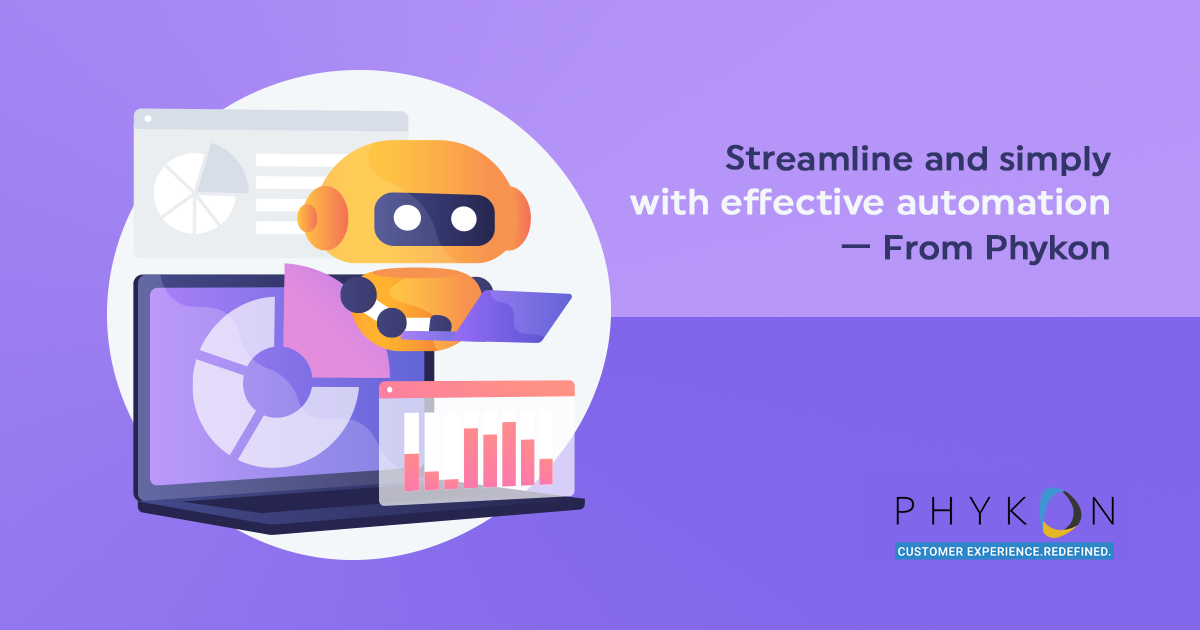Best RPA Software | Robotic Process Automation Software – Five RPA Myths That Need To Busted
Best RPA Software | Robotic Process Automation Software – Five RPA Myths That Need To Be Busted
Best RPA Software, aka Robotic Process Automation, has been making headlines for a few years now. Some experts believe that it will eventually replace humans, whereas others believe that it’s the right solution for anything and everything. Beyond all the hype and hoopla, it is necessary for decision makers in companies across industries to take a closer look at how the technology operates and what its implications them.
To begin with, the first question organizations should be asking themselves is, “Do we really need RPA-assisted automation?” Companies need to take a step back from the excitement and see whether they actually need a relatively new technology, just because it’s new.
Most companies that have well-oiled processes and workflows will have to dive deeper into the finer aspects of the technology to understand how viable and practical it will be in full. Herein, let’s discuss a few myths that can help you and your organisation better understand the technology and make informed decisions about whether to deploy robotic process automation software.
It Might Be Out Of My Budget
Trying to get the best for your organisation might play on your mind while you are in the market to procure the best RPA software. But then, what if the software is out of your budget? Truth is, that RPA software can cost anywhere between affordable to earth shatteringly expensive based on the level of complexity and depth of integration. In most cases, if the RPA software is only intended to help you streamline some generic processes in the back office, then it could be relatively affordable.
But, now imagine an organisation that has multiple levels of hierarchy, various machine and human levels of checks and balances; then such a software would be custom-built according to specific needs. Such a level of customization, along with the complexity of tasks that need to be performed, will naturally drive the costs higher.
Therefore, it would be safe to say that organisations that prefer simpler forms of RPA will find it relatively inexpensive to get it deployed. Phykon, for one, is one of the first companies in India to offer affordable RPA software and AI solutions that are tailored, keeping best practices in mind.
I think It Might Have Compatibility Issues.
The moment software is mentioned, the first question that runs through the mind of the CTO is about how compatible it will be with the systems and platforms that the company already owns and operates. Will it work seamlessly with all the legacy systems? Will it require new hardware and other resources to maintain? Valid questions.
But when you take a closer look at what RPA inherently is, you find that even though it’s software, the best robotic process automation software stays largely outside the existing infrastructure owned by companies. This, in the long term, ensures that legacy systems can continue to operate the way they do, but things can be speed up significantly by deploying the best RPA software.
It’s Just A Passing Fad
From straight fits to boot cuts to skinny fits to pencil fits, denim trends come and go like seasons. But at times, experts attribute the same to technologies that appear on the horizon. Naysayers have described AI and RPA as just fads that wouldn’t really make any real impact in the long term. But what sets these technologies apart is that RPA has a universal appeal that is relevant to almost all industries that exist today.
Unlike niche technologies that evolve over a long period of time to suit the needs of specific industries, AI and RPA have the potential to be relevant to leading industries from day one. A relevant example will be business process automation, that slowly but steadily grown and spread its influence across industries. In comparison, RPA has the potential to benefit leading industries in the quickest possible time due to its adaptability, lack of infrastructure dependency, and relative ease in deployment.
The proof may be in the way leading companies across business sectors have, within a span of 3yearss, adopted the best RPA chat support solutions to serve their customers. Once they see the benefits first-hand, it becomes all the more important to leverage the technology in various departments to produce better outcomes for the company as well as its customers.
RPA Will Take Away Jobs
Like any other technological advancement in the last 50-odd years, RPA and AI are also being looked upon as job-killers. The same was said of computers when they made their way into everything from banking counters to airline check-in counters. But, over a period of time, organisations realised that new technologies need to work in conjunction with talented employees to deliver the best outcomes.
A positive way to look at it will be to picture an organisation where trained employees have handed over the tedious and mundane job functions to RPA, while they are focusing on greater things that can help the company grow and flourish. For instance, deploying the best RPA software in a super-speciality hospital will not make all the neurosurgeons in the building redundant.
If anything, RPA and its immense potential can be harnessed to make things seamless and effortless for patients. AI is currently being used to accurately diagnose various complicated medical conditions, but it would always take a skilled doctor to help the patient recover from them.
It Takes Ages To Implement
Both true and false. Depending on the complexity of the best RPA software and the level of standardisation required to make it work flawlessly, the time period could vary from project to project. In workflows that require minimal or no human intervention, the program can be deployed in weeks, after fully understanding the workflow and defining it as a series of logical steps for the program.
In cases where the workflow passes through multiple levels of hierarchy and approvals, the RPA software needs to be created in order to fully handle the complexities, learn from the errors, and eventually become self-sufficient in terms of delivering a near-zero error rate. To sum it all up, RPA as a technology is only finding its feet in the industry, and as professionals, it should be our goal to fully understand its workings and leverage it for the benefit of the industry as a whole.
Reach out to us to discover how AI can make a difference in your contact centre.




